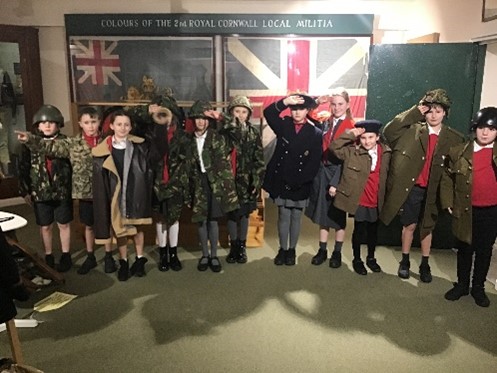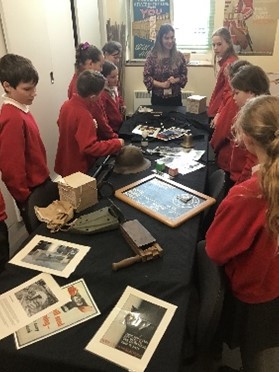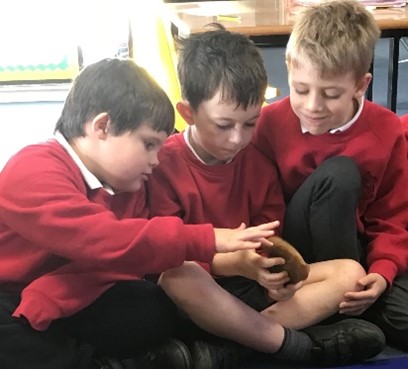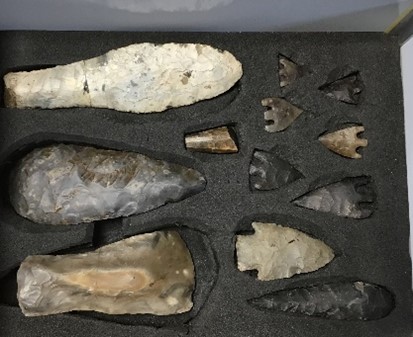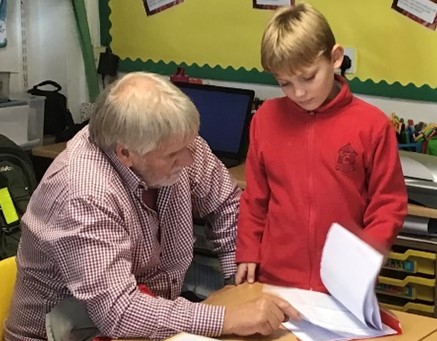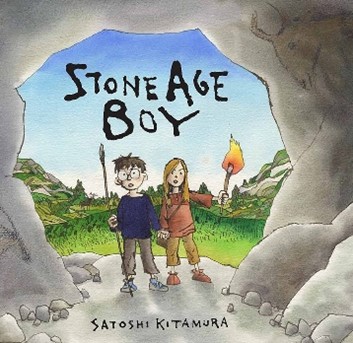History
Intent
Our high-quality History curriculum gives Landulph School pupils a window into the past that consequently helps them understand more about the present day and how societies may develop in the future. We will support pupils’ understanding of how achievements in ancient civilizations have shaped the way we live our lives today. By learning about specific events and changes in history, pupils will develop a secure understanding of common themes that run through world history such as empire, politics and innovation. Our pupils will learn to assess the validity of resources from which we gain knowledge about the past and think critically about what can be learned from primary and secondary sources.
Following the SMART Schools Trust learning model, our curriculum spirals around key concepts within every subject. The key concepts that pupils revisit throughout their education journey in History are:
- Perspectives
- Continuity and Change
- Cause and Effect
- Significance
Implementation
At Landulph School, we have planned our History Curriculum over a 4 year rolling programme to ensure complete coverage of local, British and World History, including each time period documented in the History Programme of Study of the National Curriculum.
From the time period, significant events and concepts specified within the whole school overview, a unit of sequential lessons is then outlined in more detail within medium term planning, identifying the learning outcomes, key knowledge and vocabulary to be covered. Lessons are planned with carefully adapted outcomes in mind for each year group within each class. Pupils with SEND are supported to access the History curriculum by adaptation of resources, scaffolding within the lesson and/or differentiated tasks and outcomes.
Pupils learn 3 units of History each academic year. Each unit consists of approximately six, weekly lessons. Class 1 develop an awareness of the past by comparing aspects of life in different time periods with their life today. In Class 2 and 3, each History unit focuses on one time period or civilization.
Every History lesson begins by placing the time period being studied on a timeline of human history. This timeline is displayed in every class and referred to regularly to ensure that pupils develop a secure understanding of chronology.
History lessons include a range of resources and experiences to ensure they engage all learners. These include but are not limited to; hands on resources such as artefacts from local museums, videos, school trips to sites linked with the area of History being studied, visitors in school to share expert knowledge, photographs and images, high quality texts, purposefully created slide decks, bespoke knowledge organisers containing key information and vocabulary.
Impact
Pupil’s understanding and ability to know more and remember more is assessed regularly. Each week, pupils are asked retrieval questions based on their previous lesson, information learned earlier in the unit, subject content from the previous history unit and from the previous year. Formative assessment is used throughout lessons using ‘check and challenge’ techniques such as targeted questioning, explanations to peers, independent written tasks and many more. Outcomes from this, inform the teacher’s planning of subsequent History lessons. After each unit is taught, teachers assess pupil’s understanding of the concept that has been the focus of that half term’s learning. This includes identifying at which level each pupil has evidenced their understanding of the concept.
History in the Early Years
The Early Years Foundation Stage Curriculum supports children’s understanding of History through the planning and teaching of ‘Past and Present’. At Landulph this looks like; children finding out about past and present events in their own lives, their families and other people they know. Children are encouraged to develop a sense of change over time and are given opportunities to differentiate between past and present by observing routines throughout the day, observing the passing of seasons and time and looking at photographs of their lives and of others. We encourage investigative behaviour and raise questions such as, ‘What do you think?', ‘Tell me more about?', 'What will happen if..?', ‘What else could we try?', ‘What could it be used for?' and ‘How might it work?' Use of language relating to time is used in daily routines and conversations with children.
The Curriculum Leader for History is: Tania Hawker

